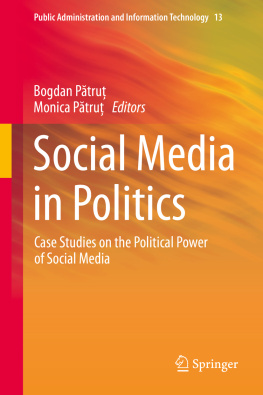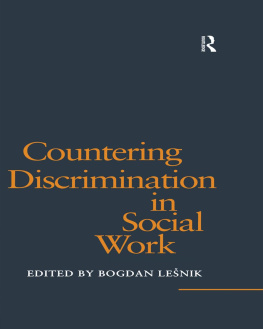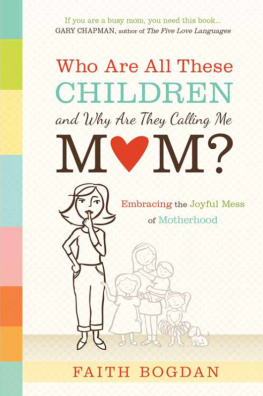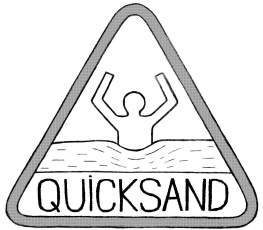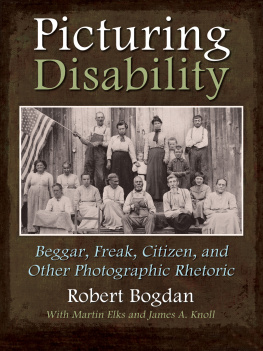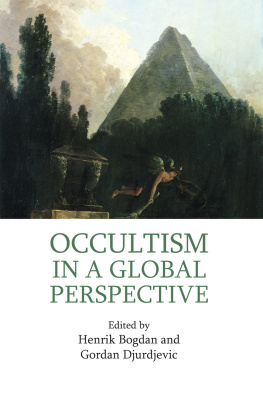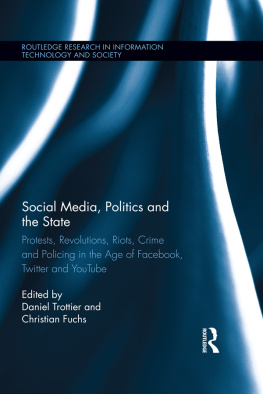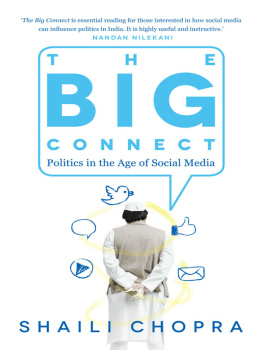1.1 Introduction
Since the advent of the Internet, great attention has been paid on how political parties would benefit from being present on the Internet. Gibson and Ward () identify three main lines of research in the field: first, the intra-party arena, referring to the use of the Internet by political parties to facilitate communication amongst its members; second, the inter-party arena, referring to how political parties use the Internet to compete with each other in campaigning; and third, the systemic-arena, referring to how political parties reorganise themselves so as to seize the new opportunities offered by the Internet. However, research in the field neglects a comparative analysis of the use of the Internet from political parties across countries and political systems. This was justified by global inequalities in using the internet. However, the fact that today the Internet is far more used, allows us to extend our analysis and attempt a worldwide comparative analysis.
Here, I address this issue by first exploring the worldwide distribution of political parties on the World Wide Web. Second, I explore whether their unequal distribution may be explained by the Digital Divide and by other local conditions, such as the democratic and economic status of each country.
1.2 Virtual Political Parties
Scholars have paid attention to how the Internet might facilitate better communication between politicians and citizens. In contrast with this expectation however, research has noted that Internet remains mainly used as a one-way flow of information: from politicians to the public (Johson ).
All this initial research in the field brought us to conclude that the general enthusiasm on the Internet as a useful tool for politicians, political parties and political campaigns, has not yet been founded with evidence of more inclusive and participatory politics. So far, research concludes that the websites of official political parties have not provided the opportunities expected of the Internet.
At the same time, today, more recent research on other aspects of the Internet provides host of counter arguments. The advent of the Web 2.0, for instance, has been lauded as a great opportunity to energize political participation by enabling easy interaction between political parties and voters. This is also confirmed in those cases when websites provide political opportunities, such as those designed with social network tools. Evidence can be found in the case of the last American Presidential election. By framing the concept of cyber party, Margetts () explores how ICTs offer the opportunity to expand political parties at the grass roots level. Thanks to Web 2.0 tools, political parties may encourage the direct involvement of people in their activities, such as in contributing to parties campaigns with money, signing petitions, or even participating in consultations on policy issues.
To summarize, Chadwick () singles out three key-points of the debate about how the use of the Internet may influence the political party landscape:
Internet increases (1) party competition. Marginalized new parties and non-party political movements may benefit from the Internet to raise their visibility. In many cases, minor political groups suffer from being small. With the Internet as a cheap medium, as well as more accessible than other communication technologies, they can compete with richer parties at a similar level of visibility. The Internet allows minor political parties to reach potential supporters similarly to main parties. The effect of this situation is an increase of pluralism, enabling citizens to better identify with specific claims motivating their political engagement. This may have the consequence of increasing voter turnout. Older media, such as the printed press and the television, still have great power in providing information and making advertising campaigns. However, their form of communication is not as rich and fragmented, as is that of the Internet. The Internet allows the spreading of larger amounts of information permitting people to examine political issues according to their own interest and needs. They are better able to form their own opinions, and thus are more likely to take part in political debates. The democratization of the Internet for making and receiving information is more likely to have an impact in a general framework of democracy.
Still according to Chadwick (), the Internet may also (2) diffuse power among citizens, increasing grassroots control over political leaders and candidates. The network structure of the Internet facilitates continued relations between candidates and their supporters who have then more power in controlling their leaders. This interaction can help politicians refine their political programs responding to the demands and expectations of supporters expressed with the Internet. At the same time, parties are able to coordinate their supporters more easily and quickly to mobilize them for instance in key moments of campaigning and fundraising. This is more likely to motivate people to be politically engaged and support their candidates more actively.
In spite of these new trends, Chadwick (), as (3) institutional adaptations. This argues that, in shifting the form of doing politics to the Internet, political institutions regulate the Internets innovative potentials by reproducing the same trends as in off-line politics. While during the 1990s the Internet was the space hosting a proliferation of political websites whose visibility was not linked to the wealth of politics, today conditions have changed. Larger political parties and their candidates are now able to make their Internet communication techniques more effective. More incisive websites and talented staff are likely to work for the wealthiest political parties. They will also have better resources to increase their ability to converge media strategies, integrating television and Internet campaigns into one online and off-line form of communication. Party competition risks being weakened by this, where the Internet is reduced to merely another space in which the already existing political inequalities in off-line politics are perpetuated.

